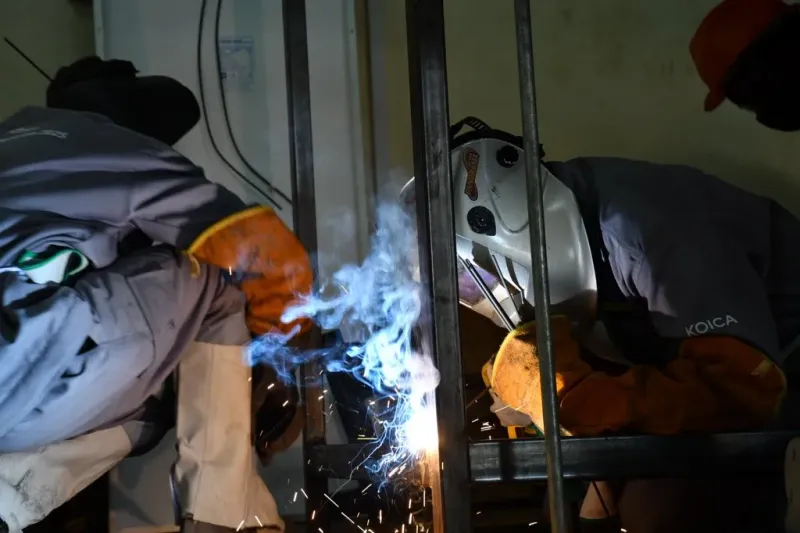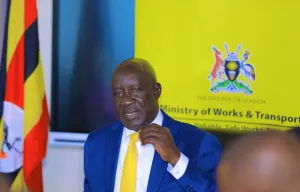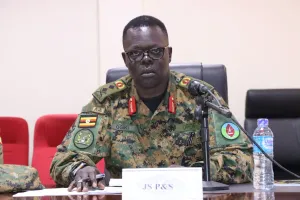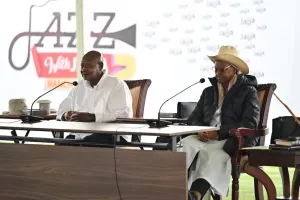
A record 137,546 learners are set to be examined in the 2025 national technical and vocational assessments, the highest number ever registered for this education grading system. This surge reflects a significant shift in Uganda’s education landscape, as more young people and workers opt for hands-on skills over traditional academic pathways.
According to the Uganda Vocational and Technical Assessment Board (UVTAB), the assessments began on 21 November 2025 with a briefing of candidates and will continue until 18 December 2025. The examinations are taking place at 743 assessment centers across the country.
Onesmus Oyesigye, the UVTAB Executive Secretary, described the registration figures as “the biggest assessment the Board has ever carried out,” noting that the steady rise in numbers shows how Ugandans are embracing technical and vocational education as a viable path to employment and self-reliance.
“The numbers reflect participation from all regions, all trades, and all training pathways, including formal training centers, community-based skills programs, universities offering technical courses, and on-the-job trainees seeking certification,” he added.
Oyesigye emphasised that the growth in numbers is not accidental; it mirrors the steady shift in Uganda’s labor market, where employers increasingly prioritize practical competence over paper qualifications. “Many young people now understand that technical skills, such as automotive repair, welding, tailoring, electrical installation, hairdressing, carpentry, and hospitality, offer immediate and reliable job opportunities,” he noted.
Of the registered candidates, 80,654 are male and 56,892 are female. A significant portion, 22,212 candidates, are registered to sit for the Modular and Full Occupational Levels 1 and 2, as well as the Worker’s Pass. “This category includes learners who have gained skills informally or through short courses and are now seeking official certification,” Oyesigye highlighted. “The growing number in this group shows that workers in the informal sector are recognizing the value of having a nationally recognized qualification.”
This year, UVTAB also registered a record 338 candidates with special needs, including those with hearing, visual, and physical disabilities. To support these learners, the Board is deploying more than 150 personnel nationwide, including sign language interpreters and transcribers, to ensure equal access to the assessment process.
The increase in special needs candidates indicates that more training institutions are opening doors to learners who were previously left out of vocational programs. It also reflects growing public awareness that technical skills are not limited to certain groups but are accessible to all.
According to UVTAB Deputy Executive Secretary Julia Nasaza, the rising assessment numbers reflect a major change in public understanding. “People now see what TVET really is,” she said. “It is where the jobs are. It is hands-on. And it prepares learners for real work.”
She cited three main reasons behind the surge:
- Increased public awareness – Ugandans now appreciate skills-based training as a direct path to earning a living.
- New TVET reforms – The Board has introduced a competency-based, hands-on system that is practical and job-related, attracting more learners.
- Continuous assessments throughout the year – Under the modular approach, assessments are conducted almost every month, allowing more learners to participate.
Nasaza also noted that earlier assessment cycles saw high participation. In the May–June 2025 series, about 6,000 candidates were assessed, while the July–August and September series exceeded 80,000 candidates. The 137,546 candidates in the November–December series demonstrate that the system is now operating near full national capacity.
Another factor behind the record numbers is that universities offering technical certificates and diplomas are now required to register their students through UVTAB, integrating more institutions into the national assessment system.
Officials say the rising numbers indicate a quiet but powerful transition toward a skills-driven education system. More learners are choosing training that leads directly to work opportunities, more institutions are aligning with national standards, and more workers are seeking certification to compete in a changing job market.
Oyesigye views the high candidate turnout as “a strong sign that Uganda is building a skilled workforce that can contribute to national development.” He asserts that UVTAB is prepared to handle even larger numbers in the years ahead, thanks to new reforms, stronger systems, and growing public confidence in technical and vocational education.













Sunrise reporter
Leave a Comment
Your email address will not be published.